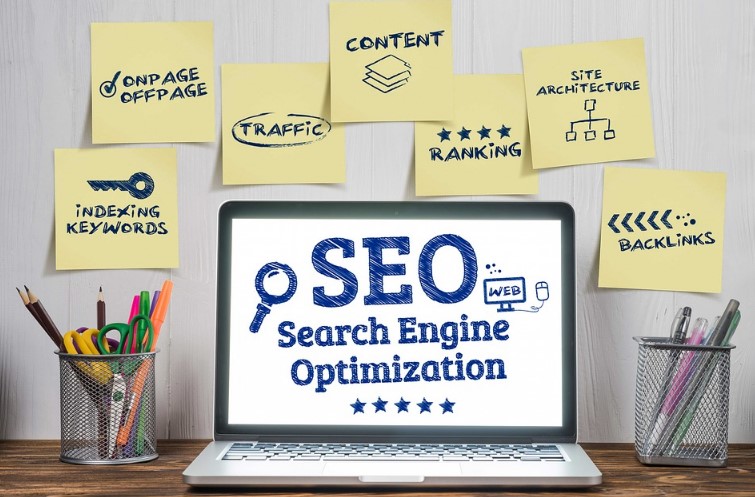The world of search engine optimization is complex and ever-changing, but you can easily understand the basics, and even a small amount of SEO knowledge can make a big difference. Search engine optimization (SEO) is the process of improving the quality and quantity of website traffic to a website or a web page from search engines.
To do so, search engines use an array of methods to crawl, index, and understand your site. For doing SEO, you must collect what is known as backlink information from existing high-quality resources on the web, and you must use it to link from your website to your new, relevant content, or pages. The harder you collect relevant backlink, the higher ranking in search engines, the easier it will be for you to rank higher for keywords and ultimately drive more traffic to your site.

Let’s start by giving you some general search engine parameters to help you understand how search engines crawl, index, analyze, and use the information on your site or web page. The variables are outlined below. With this information, search engines can transform your web page into a recommended answer or place to present your content to the algorithm, helping you rank higher for certain search terms. Minimize the Use of External links if you’re not confident those links are relevant and valuable.
Look at the Google algorithms, then look at the structure of the web page you’re creating. External links can be an easy way to skip over something on the page and get to another page without truly understanding its contents.
Link only to authoritative, high-quality resources
Google and other search engines look for original, reliable sources of information and these will help improve your ‘perceived importance’ — i.e. how search engines rank web pages within the search results. These sources also give longer, higher-quality, and more informative backlinks as Google is underscored for the quality of the external referrals.
Keep the URL short and human-readable
Although Google calculates page weight, it does not consider the whole URL when calculating the importance of a webpage and it’s position in search results. The URL, or ‘Internal Link’, must be only 233 characters or less, excluding the URL itself. Google prefers to see structured data rather than the URL as the anchor text, which helps with optimizing searches and calculating the page rank.
Google and other search engines look for original, reliable sources of information and these will help improve your ‘perceived importance’ — i.e. how search engines rank web pages within the search results. These sources also give longer, higher-quality, and more informative backlinks as Google is underscored for the quality of the external links.
People who create websites and webpages and run them for long periods of time tend to have a thorough understanding of SEO. This can help make their webpages better organized, resource-intensive, and perhaps are able to utilize SEO more effectively than others. However, many people today do not understand, or it is difficult for them to know SEO.














